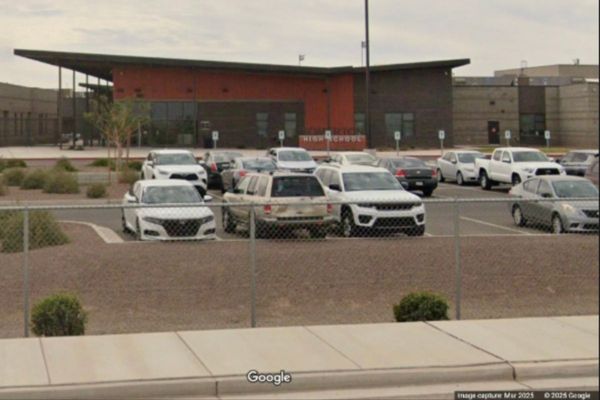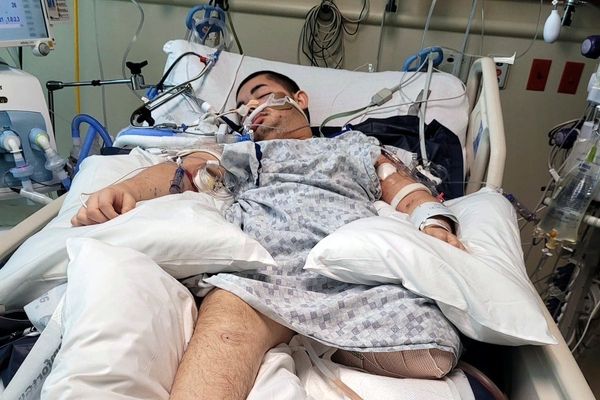Changes to voting rules will be made to ensure all Australians with COVID-19 will be allowed to vote in the federal election.
The original legislation meant anyone who tested positive before Tuesday but did not apply for a postal ballot could not vote on the phone.
But the Australian electoral commissioner has requested changes which have been accepted by the government.
Prime Minister Scott Morrison told 6PR Radio in Perth the government had been waiting on advice from the Australian Electoral Commission (AEC).
"They've come forward with a solution and we're happy to support it," he said.
The changes mean anyone in isolation as of 6pm on Friday can now vote on the phone.
High-profile independent candidate Monique Ryan earlier flagged a legal push to ensure all Australians with COVID-19 would be able to vote in the federal election.
The number of COVID-19 cases has increased across the country in recent days, with Western Australia setting a new record of 17,100 cases on Wednesday.
Sources have told the ABC that Labor urged Special Minister of State Ben Morton to change the regulation on Thursday to allow more people to vote over the telephone.
AEC warns about phone voting delays
AEC chief head Tom Rogers said he signed a brief recommending eligibility for phone voting be widened, which the government had accepted.
He said analysis following the first day of phone voting operations on Thursday indicated there was capacity to expand the service.
"It's not without risk, given voter behaviour is very hard to predict and usage is hard to predict, but we thought it was useful to advise government to do that this morning," he told the ABC.
Mr Rogers is urging people who have already registered to vote on the phone to do so as soon as possible and has warned there could be lengthy delays voting by phone.
He has urged people voting by phone to do it on Friday to ease the pressure on phone lines tomorrow. There is no call-back service so people have to wait on the phone until they cast their vote.
Mr Rogers said Thursday was the largest single day of pre-poll voting in Australia's history, with almost 750,000 votes cast.
More than 7.3 million people have either voted or applied for a postal vote.
Mr Rogers said more than 4 million people had already cast a pre-poll vote and he expected a record number of early votes this election.
Ahead of the last election, about 40 per cent of voters cast an early vote. Mr Rogers said he expected that to hit 50 per cent this year.
Court challenges still possible
Speaking before the change in policy, Dr Ryan said people in the electorate she was contesting were "distressed" at the prospect of not being able to vote.
"The reality is that it could change the result in my electorate and also in a number of close electorates around Australia," she told the ABC.
Mr Rogers said he believed the matter was now resolved but it remained possible someone would seek to challenge the result in the courts.
Treasurer Josh Frydenberg, who is being challenged for his seat by Dr Ryan, said both the Coalition and Labor endorsed the rule change.
He said he hoped the change would not lead to a challenge in the Court of Disputed Returns.







